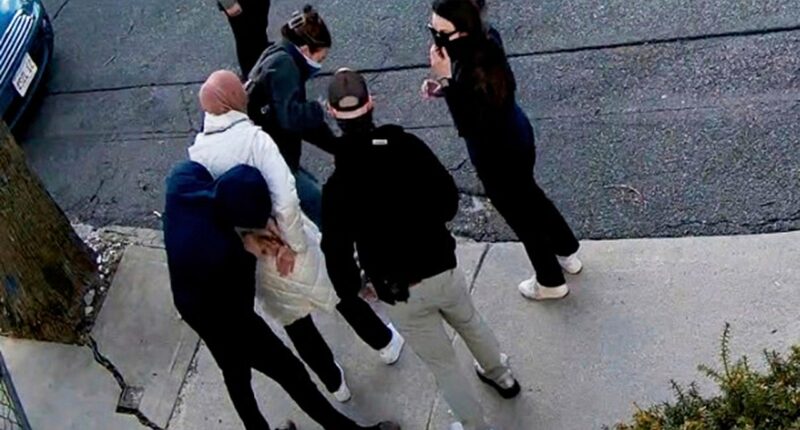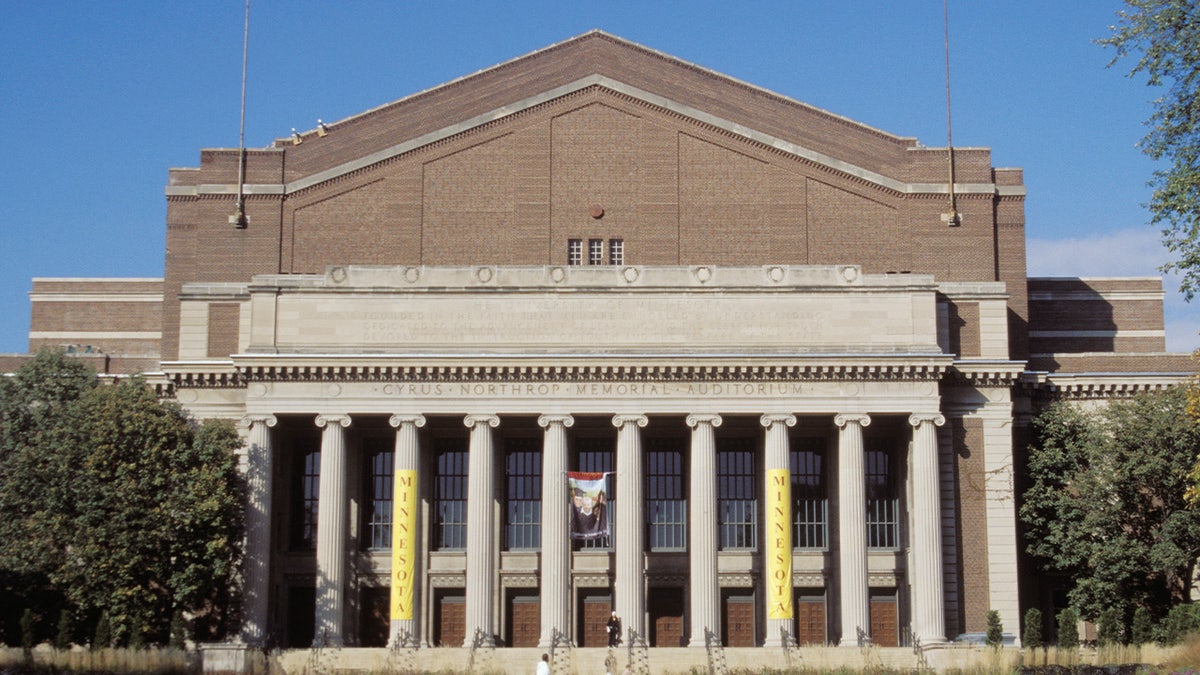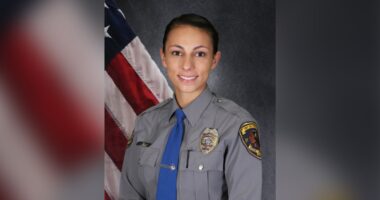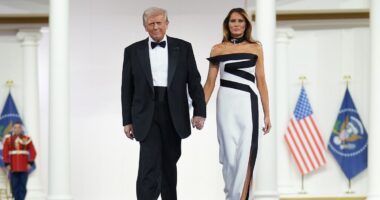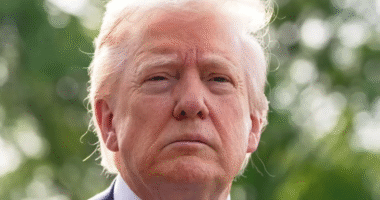Federal authorities have arrested college students and professors at various universities in the United States ever since the Trump administration initiated measures against individuals believed to have ties to Hamas or expired visas.
The administration is currently encountering legal disputes surrounding at least two incidents of student detentions, although this figure is anticipated to rise in the near future.
According to national security and human rights attorney Irina Tsukerman, speaking to Fox News Digital, these apprehensions are not arbitrary law enforcement actions. Instead, they form part of a broader domestic security strategy that includes probing universities for enabling illegal behaviors such as antisemitism, violence, supporting terrorist groups, and other transgressions that have caused significant distress and fear among students, faculty, and the public.
Tsukerman noted that President Donald Trump signed executive orders to combat antisemitism on college campuses and illegal immigration soon after taking office, so the arrests “should have come as no surprise.”
